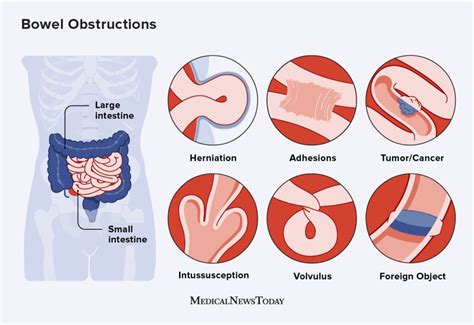Complete Blood Count Check

A complete blood count (CBC) check is a fundamental diagnostic tool used in the medical field to evaluate the overall health of an individual. This comprehensive test measures various components of the blood, providing valuable information about the body’s condition. The CBC check is often referred to as a hemogram or blood panel, and it is commonly used to diagnose and monitor a wide range of health conditions, including anemia, infection, inflammation, and blood disorders.
What Does a CBC Check Measure?
A CBC check typically measures the following components of the blood:
- Red Blood Cell (RBC) Count: The number of red blood cells in the blood, which carry oxygen to the body’s tissues.
- Hemoglobin (Hb) Level: The amount of hemoglobin in the blood, which is a protein in red blood cells that carries oxygen.
- Hematocrit (Hct) Level: The proportion of red blood cells in the blood, which reflects the body’s ability to transport oxygen.
- White Blood Cell (WBC) Count: The number of white blood cells in the blood, which help fight infection and disease.
- Platelet Count: The number of platelets in the blood, which are responsible for blood clotting.
- Mean Corpuscular Volume (MCV): The average size of red blood cells, which can help diagnose anemia and other blood disorders.
- Mean Corpuscular Hemoglobin (MCH): The average amount of hemoglobin in red blood cells, which can help diagnose anemia and other blood disorders.
- Mean Corpuscular Hemoglobin Concentration (MCHC): The average concentration of hemoglobin in red blood cells, which can help diagnose anemia and other blood disorders.
- Red Cell Distribution Width (RDW): The variation in red blood cell size, which can help diagnose anemia and other blood disorders.
Why is a CBC Check Performed?
A CBC check is performed for a variety of reasons, including:
- Diagnosing Anemia: A CBC check can help diagnose anemia, which is a condition characterized by a lack of red blood cells or hemoglobin in the blood.
- Monitoring Infection: A CBC check can help monitor the body’s response to infection, by measuring the number of white blood cells in the blood.
- Evaluating Blood Disorders: A CBC check can help diagnose and monitor blood disorders, such as bleeding disorders, clotting disorders, and blood cell disorders.
- Monitoring Medication: A CBC check can help monitor the effects of medication on the blood, such as chemotherapy or antibiotics.
- Screening for Disease: A CBC check can help screen for diseases, such as leukemia, lymphoma, and other blood cancers.
How is a CBC Check Performed?
A CBC check is typically performed by a healthcare professional, using a blood sample drawn from a vein in the arm. The blood sample is then sent to a laboratory for analysis, where it is examined using a variety of techniques, including:
- Automated Hematology Analyzers: These machines use advanced technology to measure the components of the blood, including red and white blood cell counts, hemoglobin levels, and platelet counts.
- Manual Differential Counts: These counts are performed by a laboratory technician, who uses a microscope to examine the blood sample and count the different types of white blood cells.
- Blood Smears: These are performed by a laboratory technician, who uses a microscope to examine the blood sample and look for abnormalities in the red and white blood cells.
What Do the Results of a CBC Check Mean?
The results of a CBC check are typically reported in a standardized format, which includes the following information:
- Normal Ranges: The normal ranges for each component of the blood, which can vary depending on the laboratory and the individual’s age, sex, and medical condition.
- Abnormal Results: Any abnormal results, which can indicate a variety of health conditions, including anemia, infection, inflammation, and blood disorders.
- Reference Ranges: The reference ranges for each component of the blood, which can help healthcare professionals interpret the results of the CBC check.
FAQs
What is a complete blood count (CBC) check?
+A complete blood count (CBC) check is a diagnostic test that measures various components of the blood, including red and white blood cell counts, hemoglobin levels, and platelet counts.
Why is a CBC check performed?
+A CBC check is performed to diagnose and monitor a wide range of health conditions, including anemia, infection, inflammation, and blood disorders.
What do the results of a CBC check mean?
+The results of a CBC check are reported in a standardized format, which includes normal ranges, abnormal results, and reference ranges for each component of the blood.
How is a CBC check performed?
+A CBC check is typically performed by a healthcare professional, using a blood sample drawn from a vein in the arm.
What are the benefits of a CBC check?
+The benefits of a CBC check include diagnosing and monitoring health conditions, evaluating the effectiveness of treatment, and screening for disease.
In conclusion, a complete blood count (CBC) check is a valuable diagnostic tool that provides important information about the body’s overall health. By measuring various components of the blood, a CBC check can help diagnose and monitor a wide range of health conditions, including anemia, infection, inflammation, and blood disorders. If you have any concerns about your health or would like to schedule a CBC check, consult with a healthcare professional for personalized advice and care.


